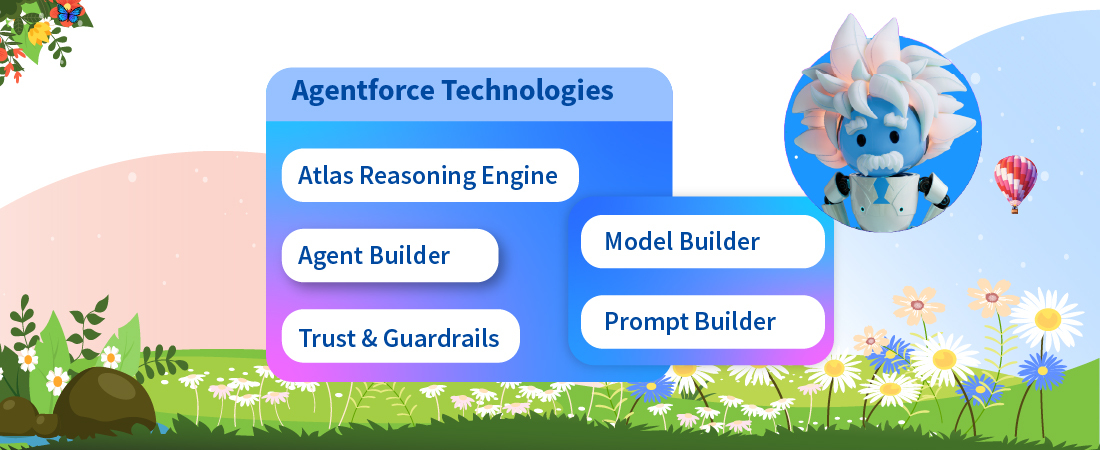CRM solutions are a foundational block of enterprise applications that corporations deploy. CRM solutions like Salesforce software helps enterprises manage and understand customer interaction through the lifecycle. The fundamental goal of a CRM deployment is to strengthen business relationships and further assist in the retention of customers for ultimate business growth.
A good CRM like Salesforce enables corporation’s build in 3 ways-
- Strong customer relations
- Increase revenue through Upselling and Cross-selling
- Increase Collaboration
The Need for Salesforce CRM Testing:
To ensure that Salesforce CRM is addressing the needs and matching the functionalities that were outlined by various business stakeholders’, corporations need to invest significant time and effort in undertaking testing. In the initial phase of testing, the focus is on identifying anomalies related to the existing data. The objective is to verify that the Salesforce CRM application is functioning and working as expected.
Like undertaking quality verification and validation in any enterprise application even with Salesforce the testing requirements conventionally comprise of:
- Functional testing
- Unit Testing
- Manual Testing
- Automated Testing
- Deployment testing
- Security Testing
- Production Testing
- User Acceptance Testing
Best practice for Salesforce testing:
Outlined below are some of the best practices that Salesforce development teams need to keep in mind prior to undertaking Salesforce testing
While writing Apex Unit tests they should be written while the main code is being written. When undertaking unit testing the test cases code can be written either before, during or after the main code is being written but it should always be a part of the overall code-writing task.
When new functionality is added, the unit test cases must also be updated to include tests for the revised functionality.
One error that some developers make is to look at Test code with a different perspective, it is important that test code should be reviewed in a similar manner as functionality code.
The importance of Automation testing cannot be discounted. Most of the configuration will be tested using automation testing scripts.
The benefits of Automated testing are well known but to highlight some of the important reasons why corporations need to invest in Automated testing are below-
- Reliability: Once test scripts are written in Automated testing the tests perform precisely in a similar manner every time they run.
- Scalable: Whether you are executing the same operation multiple times to test different scenarios or undertaking load testing to see how the application performs under different condition automation testing is able to address all the scenarios.
- Cost: Once a script has been written, the dependence on resources to undertake various types of testing is gone, a corporation can also reuse tests on a range of application
- Quality: With code coverage increasing, the number of functionalities that you can test also increases. This directly impacts the quality and agility of delivery.
- Mobile: In this era of mobile, it is important to test your Salesforce instance for mobile. It is critical to review your pages in all environments while undertaking to test. Use multiple browsers, multiple devices, to view your pages.
Some of the tools that you can use to undertake testing of the Salesforce are- - Selenium
- Silk Test
- Jmeter
- LoadRunner
- Sauce Labs
- BrowserStack






